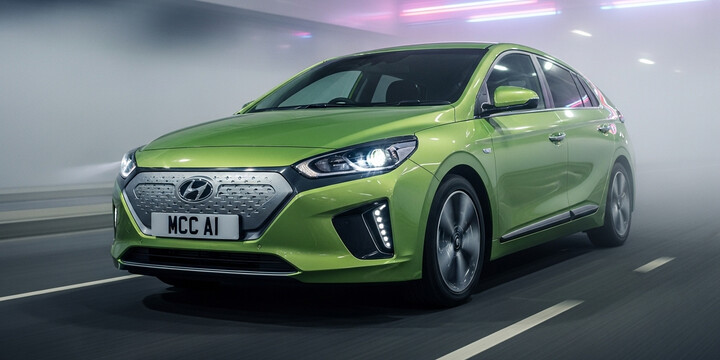HYUNDAI IONIQ ELECTRIC (2016-20)

Buyer's Guide & Data from our Checks
The HYUNDAI IONIQ ELECTRIC (2016-20) is a compact hatchback designed as an environmentally friendly alternative to traditional petrol or diesel cars. It is popular among city dwellers and commuters in the UK, thanks to its small size, ease of parking, and zero emissions. Based on data from mycarcheck.com, with over 1,000 lookups and around 280 different VINs, this model has proven to be a trusted choice for individuals seeking a reliable and cost-effective electric vehicle.
Typically used for daily commuting and short trips, the HYUNDAI IONIQ ELECTRIC (2016-20) is well-suited for first-time EV buyers or small families looking to reduce running costs. Its notable features include competitive fuel economy, low maintenance costs, and a reputation for reliability. The average valuation stands at around £14,000, with most vehicles clocking about 40,000 miles and having just over one previous owner, indicating a well-maintained history.
Compared to rivals in its class, the IONIQ Electric offers a sleek design and user-friendly features, making it a strong contender in the electric hatchback market. Its balance of affordability, economy, and practicality makes it a standout choice for those entering the world of electric driving, especially for city-based usage.
Key Findings
The following statistics are drawn from our checks of 280 different vehicles, run between February 17th 2021 and December 31st 2025. These real-world insights provide context for this vehicle's place in the market, as well as its typical usage.
1,030
Lookups
Lookups
73
Hidden Histories
Hidden Histories
54k
Average Mileage
Average Mileage
£14,000
Average Valuation
Average Valuation












